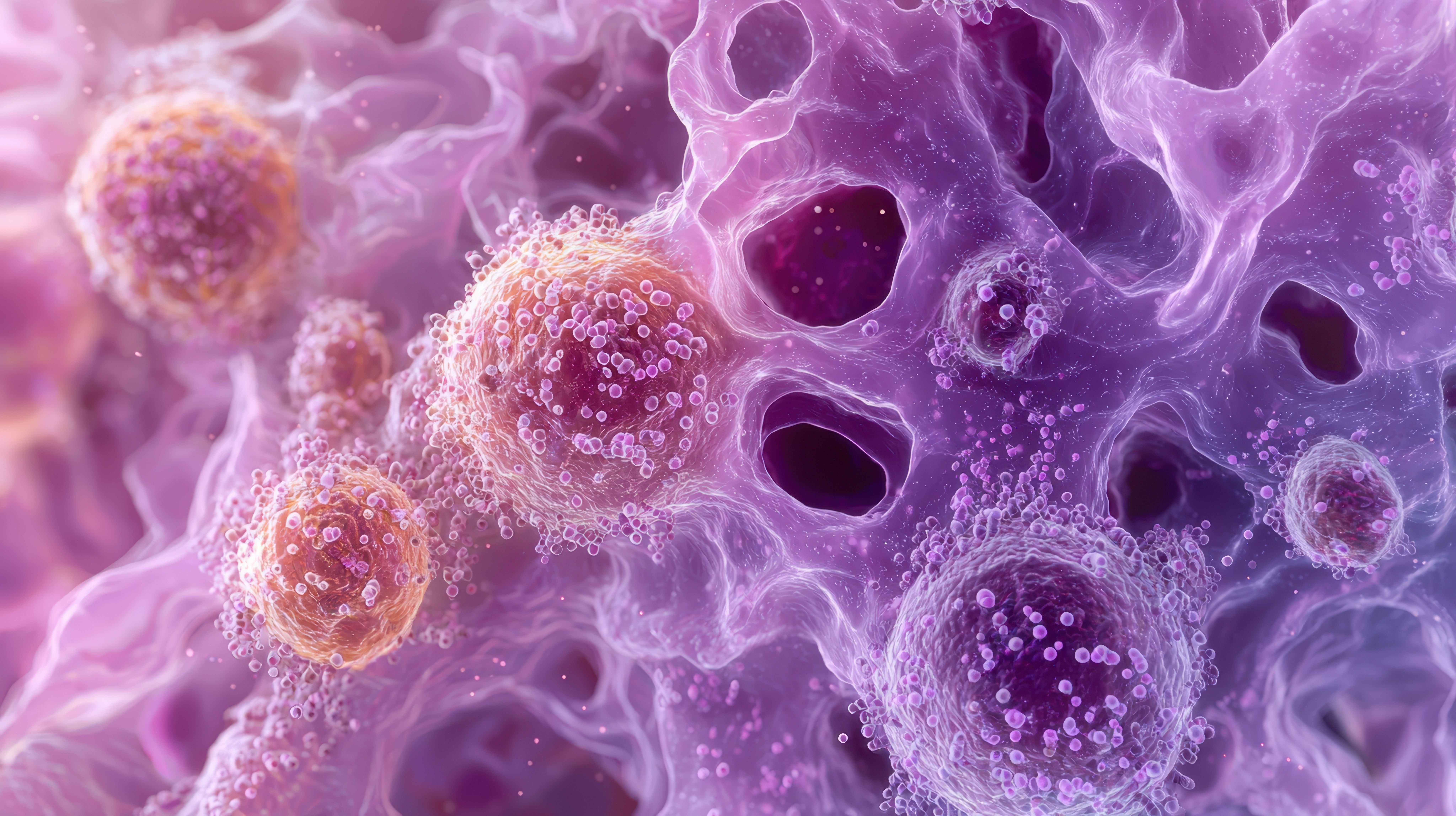Article
Activated T Cell Therapy for Melanoma Shows Promise
Author(s):
T cells derived from lymph nodes expanded and activated in a laboratory before being injected back into patients.
T cells derived from lymph nodes expanded and activated in a laboratory before being injected back into patients.
A new therapy involving T cells taken from melanoma patients was found to trigger an immune response during a recent clinical study.
Published recently in the Journal of Immunotherapy, researchers found that T cells derived from the lymph nodes of melanoma patients can increase in number and be activated in the laboratory before being intravenously administered back into patients. The researchers were able to develop this novel technique to generate large numbers of activated T cells that can be transferred back into the same patient to stimulate the immune system to attack cancer cells.
"This study is unique in that the source of T cells for therapy is derived from the lymph node, which is the natural site of the immune response against pathogens as well as cancer," said lead researcher Julian Kim, MD. "These encouraging results provide the rationale to start testing the transfer of activated T cells in a human clinical trial."
The researchers extracted immune cells from lymph nodes that were exposed to growing melanoma in the body. Instead of activating the T cells while in the body, the lymph nodes were surgically removed to allow tight regulation of the T cells within a laboratory setting.
This treatment approach, called adoptive immunotherapy, is only available at a handful of institutions worldwide. The researchers are also exploring the use of lymph nodes from pancreatic cancer patients to develop T cell therapy, with a goal of expanding the program to eventually include lung, colorectal, and breast cancers.
"The infusion of activated T cells has demonstrated promising results and is an area of great potential for the treatment of patients with cancer," Dr. Kim said. "We are really excited that our method of activating and expanding T cells is practical and may be ideal for widespread use. Our goal is to eventually combine these T cells with other immune therapies which will result in cures. These types of clinical trials place the UH Seidman Cancer Center at the forefront of immune therapy of cancer."
Newsletter
Stay informed on drug updates, treatment guidelines, and pharmacy practice trends—subscribe to Pharmacy Times for weekly clinical insights.





